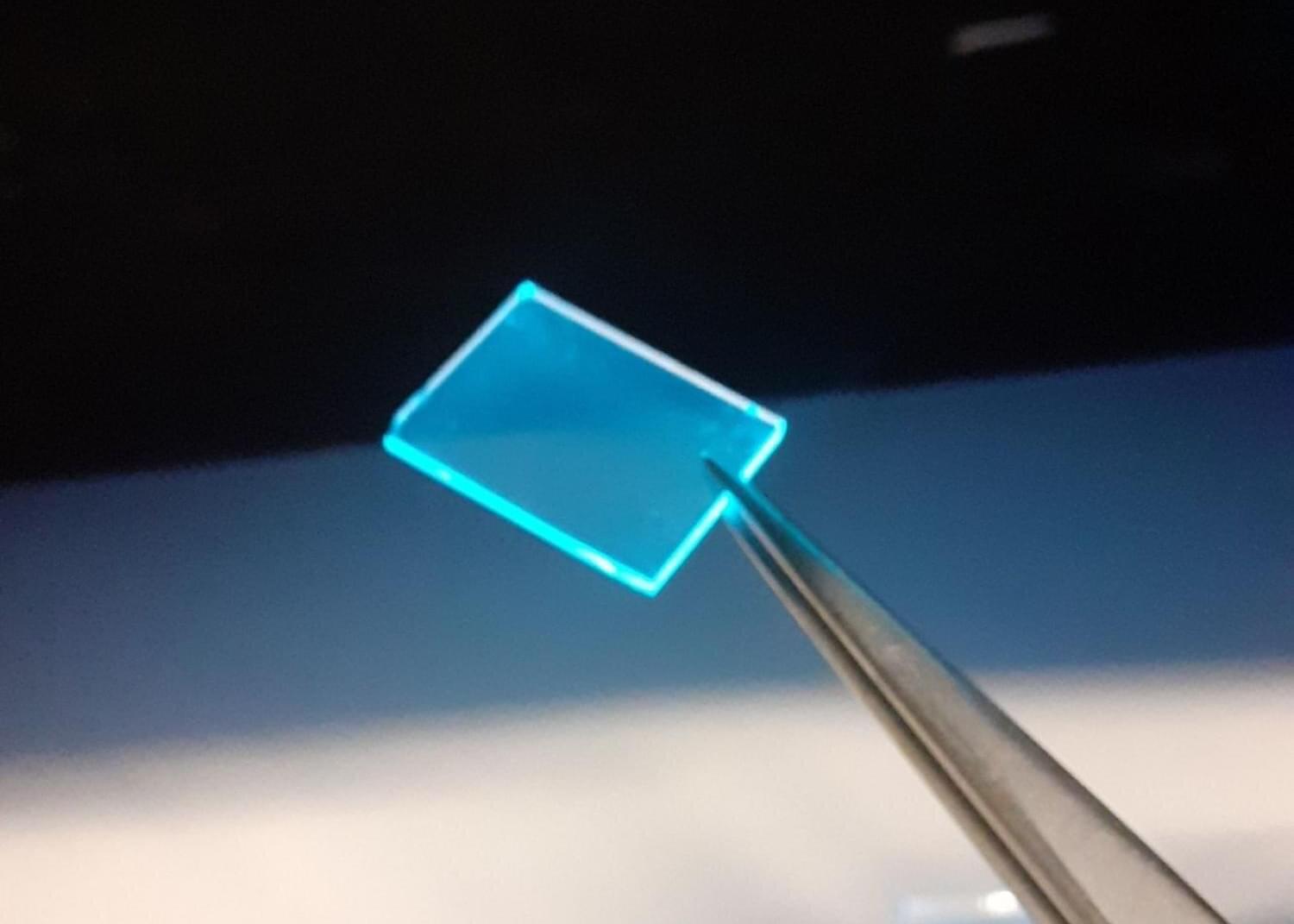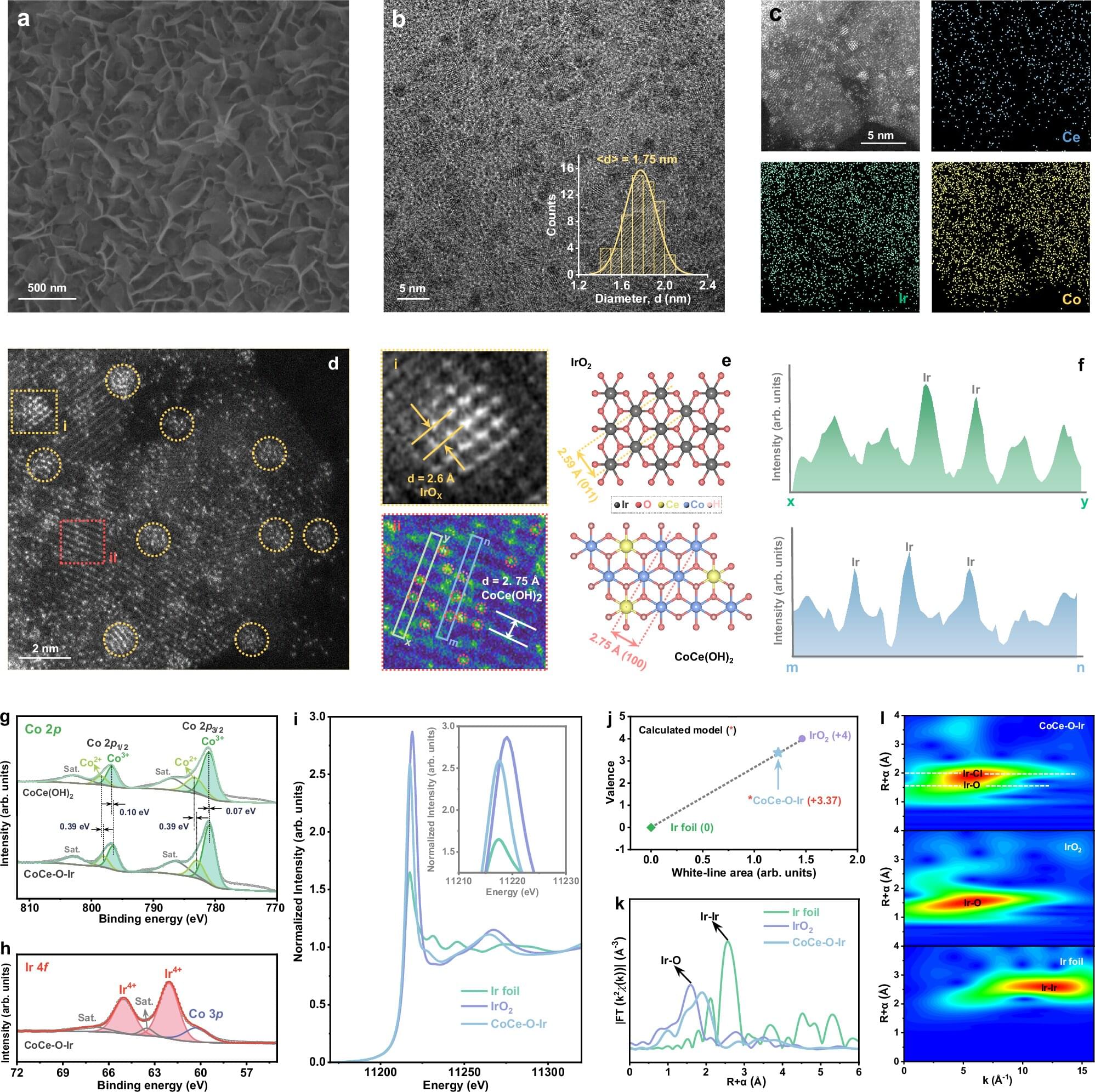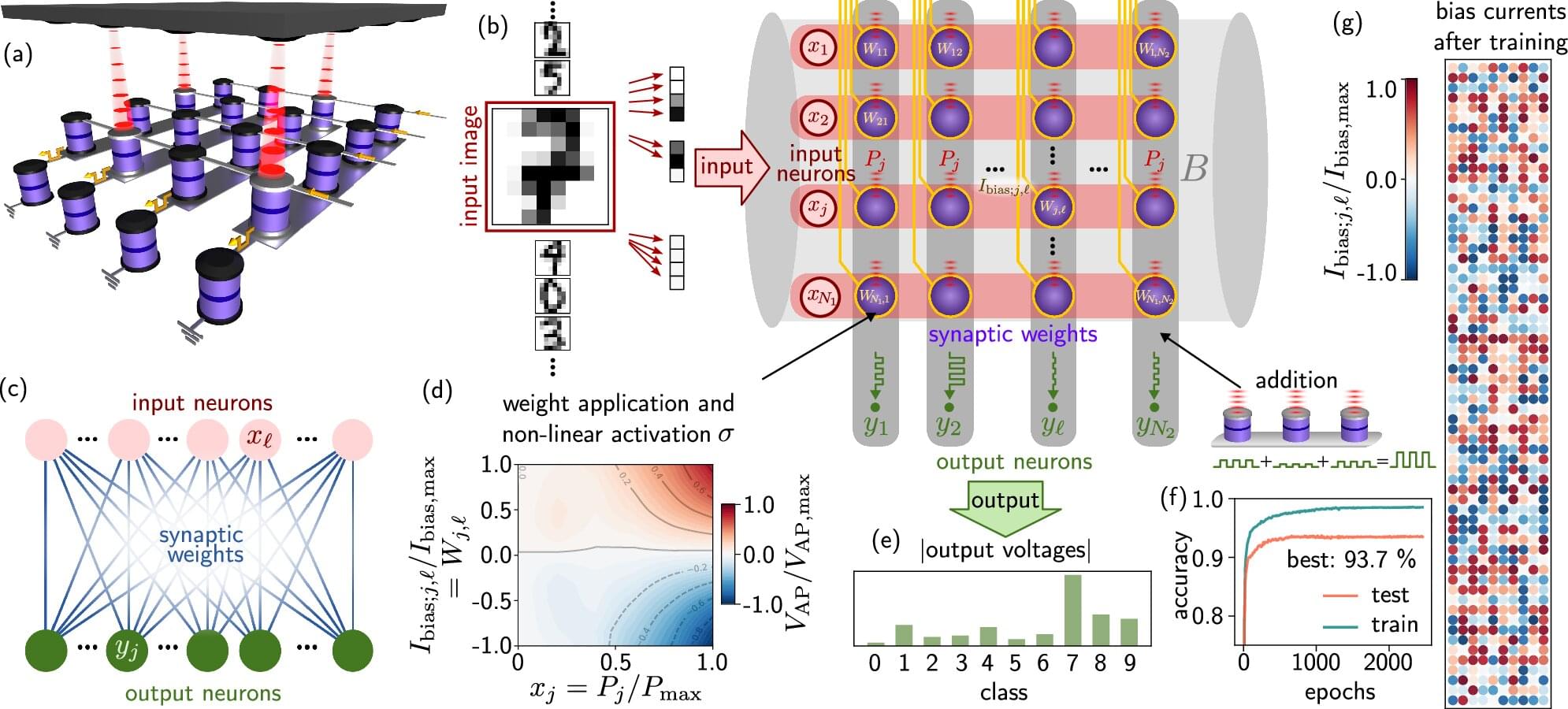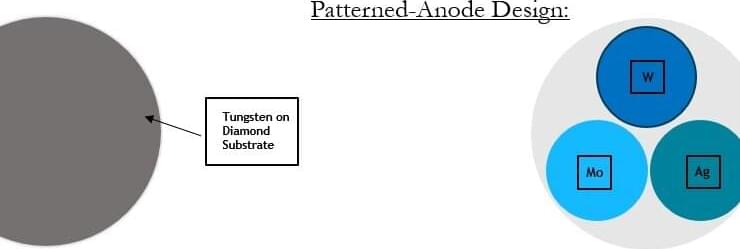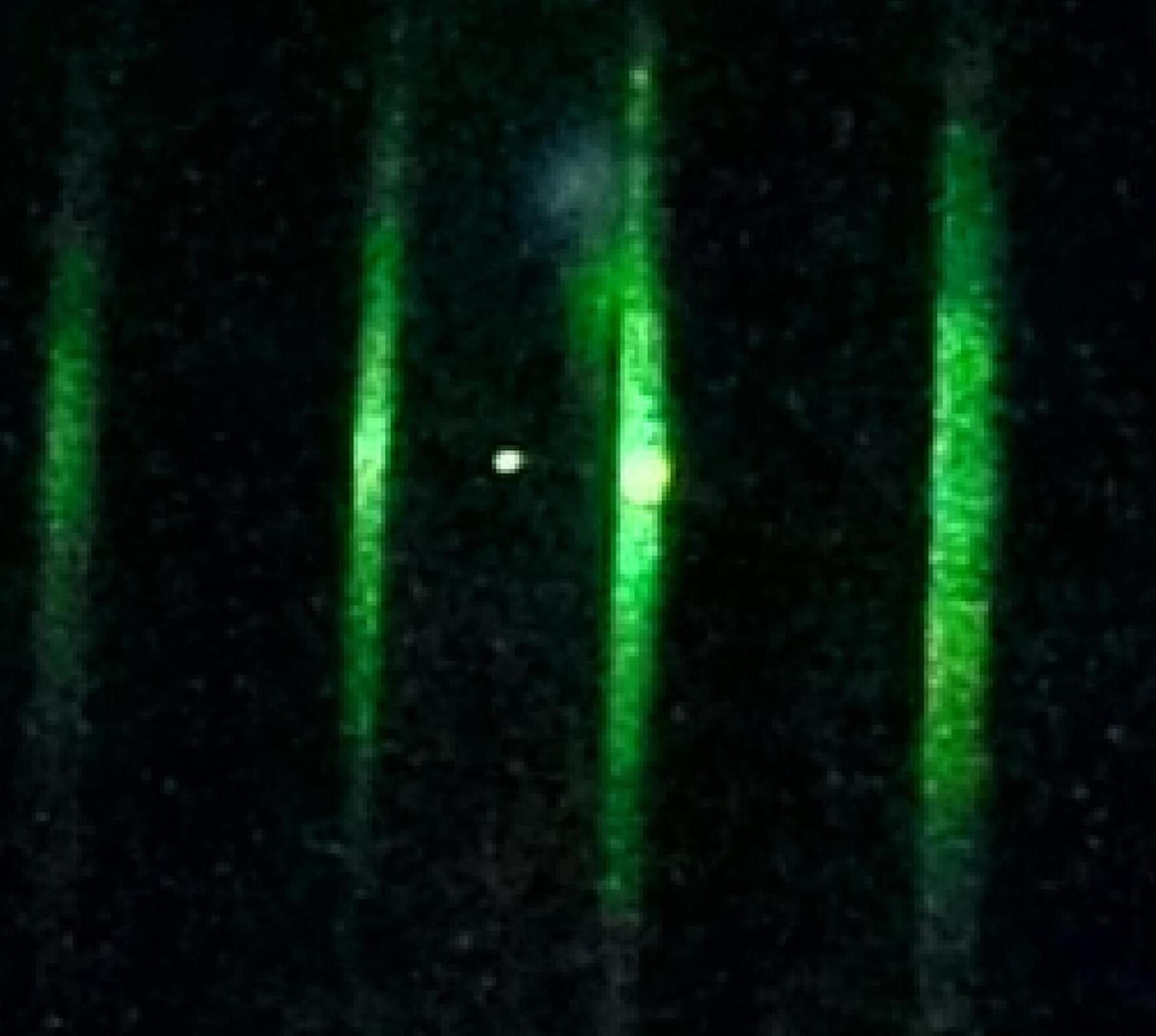A research team from the University of Chemistry and Technology, Prague (UCT Prague) and the Institute of Organic Chemistry and Biochemistry of the Czech Academy of Sciences (IOCB Prague) has created and described a new type of photoswitch. The molecule, a thienyl-based acylhydrazone, undergoes an unprecedented “closed-to-open-shell” transformation, where light converts it into a stable diradical.
While previously published lifetimes of such triplet states are a few milliseconds, this new molecule’s switched state has a half-life of over six hours. This revolutionary innovation opens the way for optimizing catalytic processes, developing new data storage and spintronic devices, and targeted elimination of antibiotic-resistant pathogens. The work is published in the Journal of Materials Chemistry C.
Photoswitches are molecules that change between two states under the influence of light. This new switch is unique because it transitions from a stable, non-magnetic (closed-shell) state to an exceptionally long-lived magnetic (open-shell triplet) state. In this triplet state, two electrons have parallel spins, making the molecule paramagnetic and highly reactive. This state is crucial for many photochemical processes, including the generation of reactive oxygen species.
